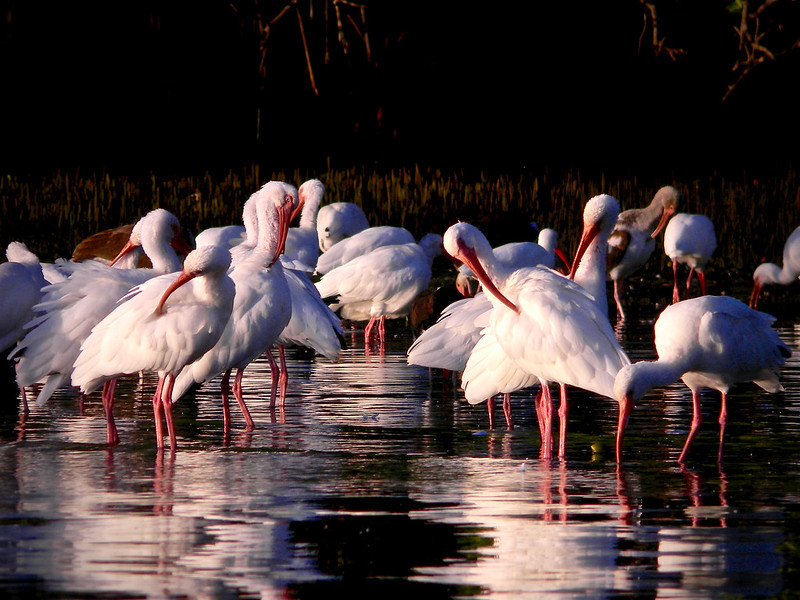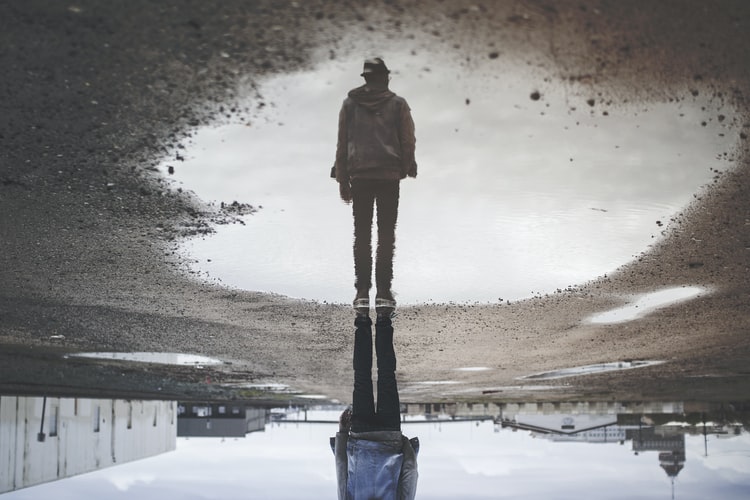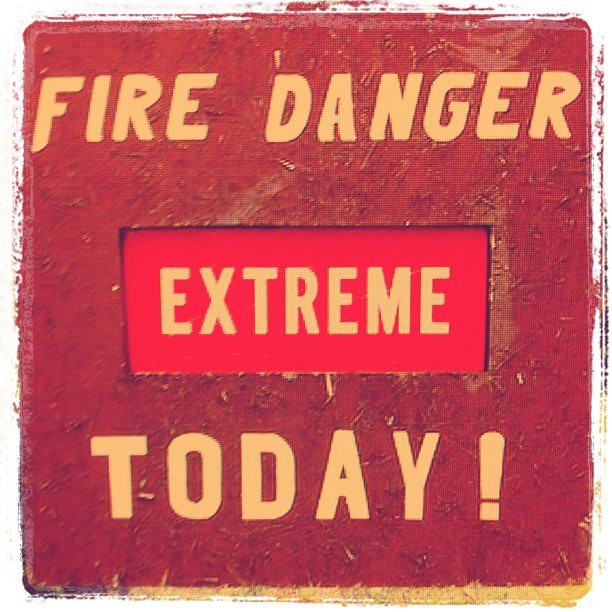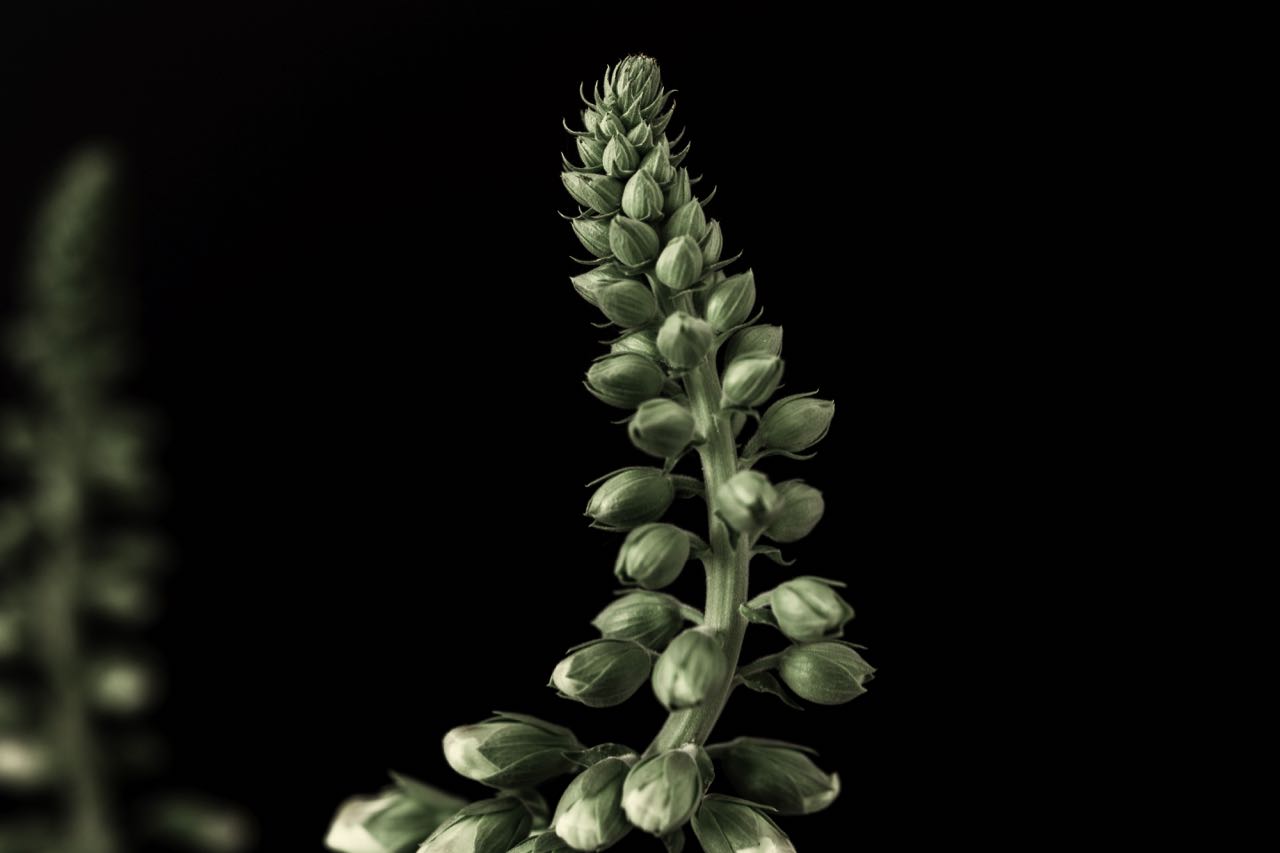Two Poems by Deborah Hochberg
Congregation of Ibis
“A barrage of storms has resurrected what was once the largest body of fresh water west of the Mississippi River, setting the stage for a disaster this spring.”
– from “Tulare Lake Was Drained Off the Map. Nature Would Like a Word,” Soumya Karlamangla and Shawn Hubler, New York Times, April 2, 2023
They drained the Great Lake
in the late 19th century
Humans took
the vast waters from us
to grow their cotton, their tomatoes
Like gods, they separated
the land and the skies from the water
and the water was no more
They came, and they took
what was ours
and we had no say
And they did what they willed
with the earth
And the earth was obedient
for decades, over a century
And then the earth decided —
I have had enough
I am taking it back
I miss the lake
I will bring back the lake
And the atmospheric rivers
raged through the skies
And the land received the waters
waters that the mammoths
once drank
The farms, homes, brewery, and cafe
the crops and ranches
were inundated
And then we returned —
the ibis
and the herons, pelicans, and coots
Soon the snowpack will melt
without mercy
for agriculture
or prisons
The lake, like a surging
aqueous ghost, a watery resurrection
has again staked its claim
And we are here —
as long as the lake
can sustain its deep
irriguous expanse
Migrant Child
Home
is a thing
that does not yet exist
Existed as a point of departure
But a home
where one cannot live
is not a home
My feet are my home
My legs are my home
My sneakers are my home
They carry me
through arduous terrains
that seek to have me
lie down
and sink
into the mud
Mud-child
I hold my own hand
This way, I say
No, this way
Journey of a thousand steps
Countless steps, numerous
as stars in the sky
Stars that blanket me
on cold nights
No longer human
I move through the mud
like a turtle
Did I just crawl
over a border?
I have forgotten
thoughts of home
and now think only
of movement
This journey, a trial
and I am guilty
of what I do not know
Hope
is a thing
that grips you
around your throat
Pulls you
like a leash
and won’t let go
Deborah Hochberg is from Detroit, Michigan, and studied at Wayne State University. She is a musician, a gardener, and a health care provider. She is the author of two collections of poetry entitled Waiting For the Snow and Memory’s Reservoir.
Image credit: Bob Peterson via a Creative Commons license.
A note from Writers Resist
Thank you for reading! If you appreciate creative resistance and would like to support it, you can make a small, medium or large donation to Writers Resist from our Give a Sawbuck page.




